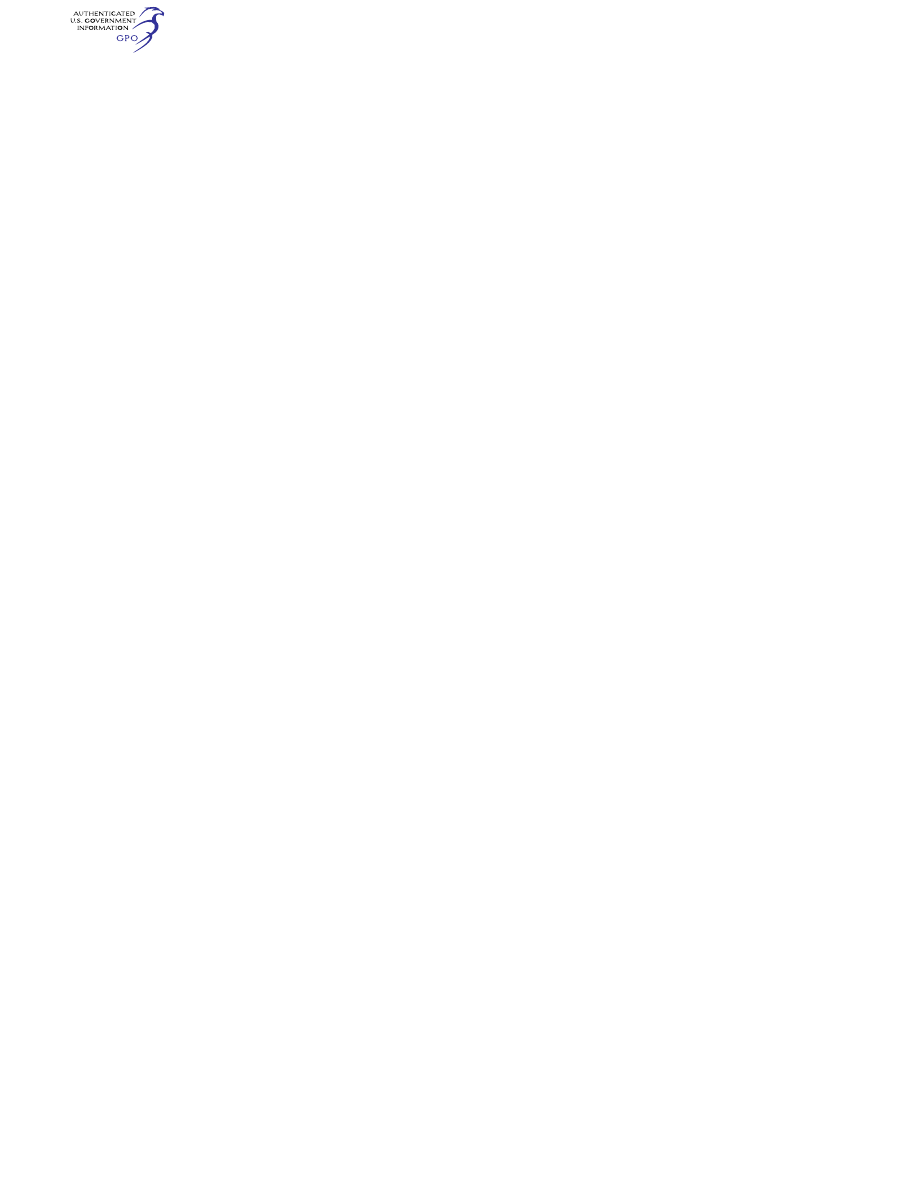
589
Federal Aviation Administration, DOT
§ 29.395
from vertical and horizontal gusts of 30
feet per second.
§ 29.351
Yawing conditions.
(a) Each rotorcraft must be designed
for the loads resulting from the maneu-
vers specified in paragraphs (b) and (c)
of this section, with—
(1) Unbalanced aerodynamic mo-
ments about the center of gravity
which the aircraft reacts to in a ration-
al or conservative manner considering
the principal masses furnishing the re-
acting inertia forces; and
(2) Maximum main rotor speed.
(b) To produce the load required in
paragraph (a) of this section, in unac-
celerated flight with zero yaw, at for-
ward speeds from zero up to 0.6 V
NE
—
(1) Displace the cockpit directional
control suddenly to the maximum de-
flection limited by the control stops or
by the maximum pilot force specified
in § 29.397(a);
(2) Attain a resulting sideslip angle
or 90
°
, whichever is less; and
(3) Return the directional control
suddenly to neutral.
(c) To produce the load required in
paragraph (a) of the section, in unac-
celerated flight with zero yaw, at for-
ward speeds from 0.6 V
NE
up to V
NE
or
V
H
, whichever is less—
(1) Displace the cockpit directional
control suddenly to the maximum de-
flection limited by the control stops or
by the maximum pilot force specified
in § 29.397(a);
(2) Attain a resulting sideslip angle
or 15
°
, whichever is less, at the lesser
speed of V
NE
or V
H
;
(3) Vary the sideslip angles of para-
graphs (b)(2) and (c)(2) of this section
directly with speed; and
(4) Return the directional control
suddenly to neutral.
[Amdt. 29–26, 55 FR 8002, Mar. 6, 1990, as
amended by Amdt. 29–41, 62 FR 46173, Aug. 29,
1997]
§ 29.361
Engine torque.
The limit engine torque may not be
less than the following:
(a) For turbine engines, the highest
of—
(1) The mean torque for maximum
continuous power multiplied by 1.25;
(2) The torque required by § 29.923;
(3) The torque required by § 29.927; or
(4) The torque imposed by sudden en-
gine stoppage due to malfunction or
structural failure (such as compressor
jamming).
(b) For reciprocating engines, the
mean torque for maximum continuous
power multiplied by—
(1) 1.33, for engines with five or more
cylinders; and
(2) Two, three, and four, for engines
with four, three, and two cylinders, re-
spectively.
[Amdt. 29–26, 53 FR 34215, Sept. 2, 1988]
C
ONTROL
S
URFACE AND
S
YSTEM
L
OADS
§ 29.391
General.
Each auxiliary rotor, each fixed or
movable stabilizing or control surface,
and each system operating any flight
control must meet the requirements of
§§ 29.395 through 29.399, 29.411, and
29.427.
[Amdt. 29–26, 55 FR 8002, Mar. 6, 1990, as
amended by Amdt. 29–41, 62 FR 46173, Aug. 29,
1997]
§ 29.395
Control system.
(a) The reaction to the loads pre-
scribed in § 29.397 must be provided by—
(1) The control stops only;
(2) The control locks only;
(3) The irreversible mechanism only
(with the mechanism locked and with
the control surface in the critical posi-
tions for the effective parts of the sys-
tem within its limit of motion);
(4) The attachment of the control
system to the rotor blade pitch control
horn only (with the control in the crit-
ical positions for the affected parts of
the system within the limits of its mo-
tion); and
(5) The attachment of the control
system to the control surface horn
(with the control in the critical posi-
tions for the affected parts of the sys-
tem within the limits of its motion).
(b) Each primary control system, in-
cluding its supporting structure, must
be designed as follows:
(1) The system must withstand loads
resulting from the limit pilot forces
prescribed in § 29.397;
(2) Notwithstanding paragraph (b)(3)
of this section, when power-operated
actuator controls or power boost con-
trols are used, the system must also
withstand the loads resulting from the
VerDate Sep<11>2014
09:06 Jun 28, 2024
Jkt 262046
PO 00000
Frm 00599
Fmt 8010
Sfmt 8010
Y:\SGML\262046.XXX
262046
jspears on DSK121TN23PROD with CFR